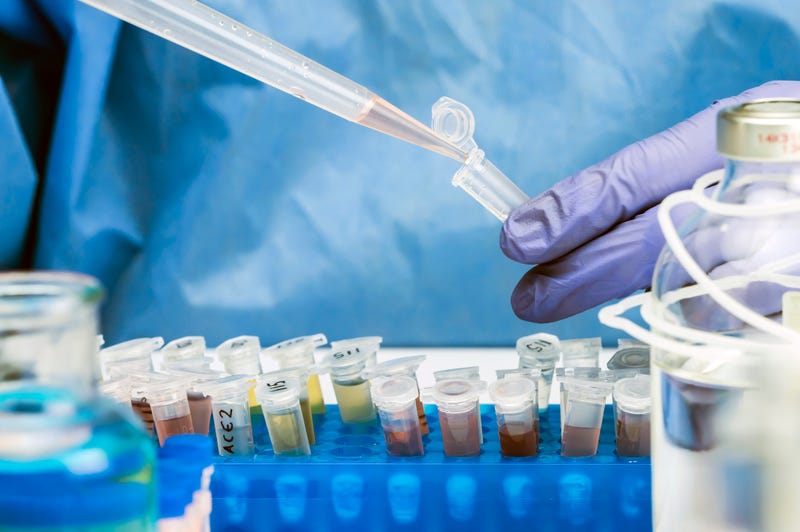
(WWJ) – The Michigan Department of Health and Human Services is planning to test wastewater in Oakland County for poliovirus.
The department announced Tuesday it is collaborating with local partners to do precautionary testing after working with the CDC to identify communities where there may be potential risk for polio transmission. That process was spurred by the detection of a paralytic polio case in New York in 2022.
Officials say at-risk communities are determined by combining information on low vaccination coverage and history of vaccine preventable disease outbreaks.
“Polio is a debilitating disease that is preventable by safe and effective vaccines,” said Dr. Natasha Bagdasarian, MDHHS chief medical executive.
MDHHS officials say polio – which is a “debilitating and life-threatening disease” that spreads through person-to-person contact and can affect the brain and spinal cord, causing paralysis or even death – is often shed in stool.
Oftentimes, that can happen without the person experiencing symptoms of illness. MDHHS officials say wastewater testing can “provide valuable information on risk to the public and help determine if testing should be continued or expanded.”
“Wastewater data cannot be used to determine or identify who is infected or how many people or households are affected, but it can enhance understanding of poliovirus risk and help prioritize public health efforts to increase vaccination levels in nearby communities,” a press release from MDHHS said.
Detection of poliovirus in wastewater does not necessarily mean there is risk of disease, therefore widespread wastewater testing for poliovirus is not recommended, officials said.
There is no cure for polio infection, but it is preventable through vaccination. The CDC recommends all children get vaccinated as part of routing vaccination schedules.
The Oakland County Health Division provides free polio vaccines to those who are not fully vaccinated. More information on how to get the polio vaccine is available on the MDHHS website.
The results from the wastewater testing for poliovirus will be shared as they become available. Testing is expected to continue for up to six months.


